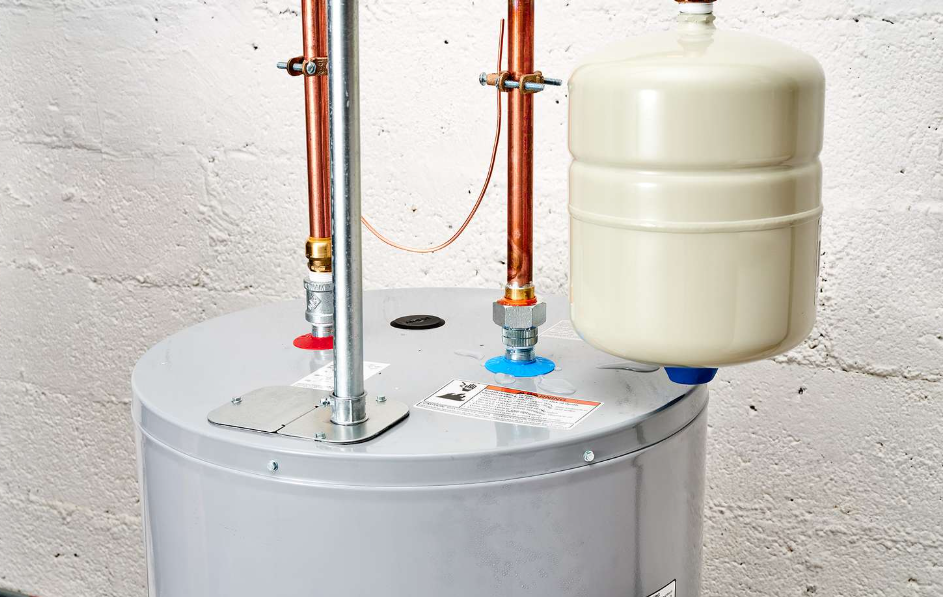5 Essential Tips for Hot Water Cylinder Repairs
When you step into the shower, anticipating a warm, comforting start to your day, a blast of cold water can be a rude awakening. Often, the culprit is a malfunctioning hot water cylinder. Here are five essential tips to guide you through the process of hot water cylinder repairs, ensuring your household regains its warm and inviting showers.
-
Understand the Basics of Your System
Before you dive into troubleshooting, it’s essential to understand the basics of your heater. The two main types are open-vented and unvented cylinders. An open-vented cylinder relies on gravity to move water around your home, while an unvented system uses pressure. Knowing which type you have can significantly influence the repair process.
-
Regular Inspection and Maintenance
Prevention is better than cure, especially with hot water systems. Regular inspection and maintenance can help you identify potential issues before they escalate. Check for leaks, unusual noises, or changes in water temperature. If possible, hire a professional annually to inspect your system and carry out necessary maintenance tasks.
-
DIY Fixes: Know Your Limits
While it’s tempting to DIY hot water cylinder repairs in North Shore to save money, it’s crucial to understand your limits. Simple tasks like replacing a valve or adjusting the thermostat might be within your capabilities, but more complex issues like replacing the entire cylinder are best left to professionals. Remember that incorrect repairs can lead to more significant problems down the line, including potential safety risks.
-
Hiring Professional Help
When it comes to serious issues, hiring a professional is often the best course of action. Look for a reputable company with experience in dealing with your specific type of water heater. Ensure they’re licensed and insured, and don’t be afraid to ask for references. It’s worth investing in quality repairs to avoid future issues and maintain the longevity of your system.
-
Consider a Replacement
If your cylinder is old, it may be more cost-effective to replace it rather than continually paying for repairs. Modern cylinders are more energy-efficient and reliable, which can save you money in the long run. Consult a professional to weigh the pros and cons based on your current system’s condition and performance.
Conclusion:
By understanding your system, maintaining it regularly, knowing when to DIY and when to call professionals, and considering replacement when necessary, you can ensure a steady supply of heated water in your home. Remember that while hot water cylinder repairs might seem costly, investing in your comfort and safety is always worth it.

